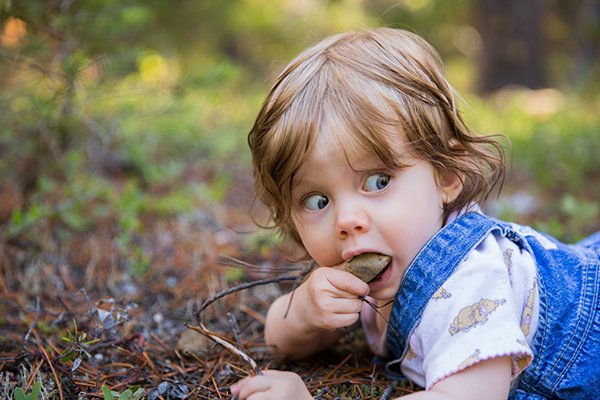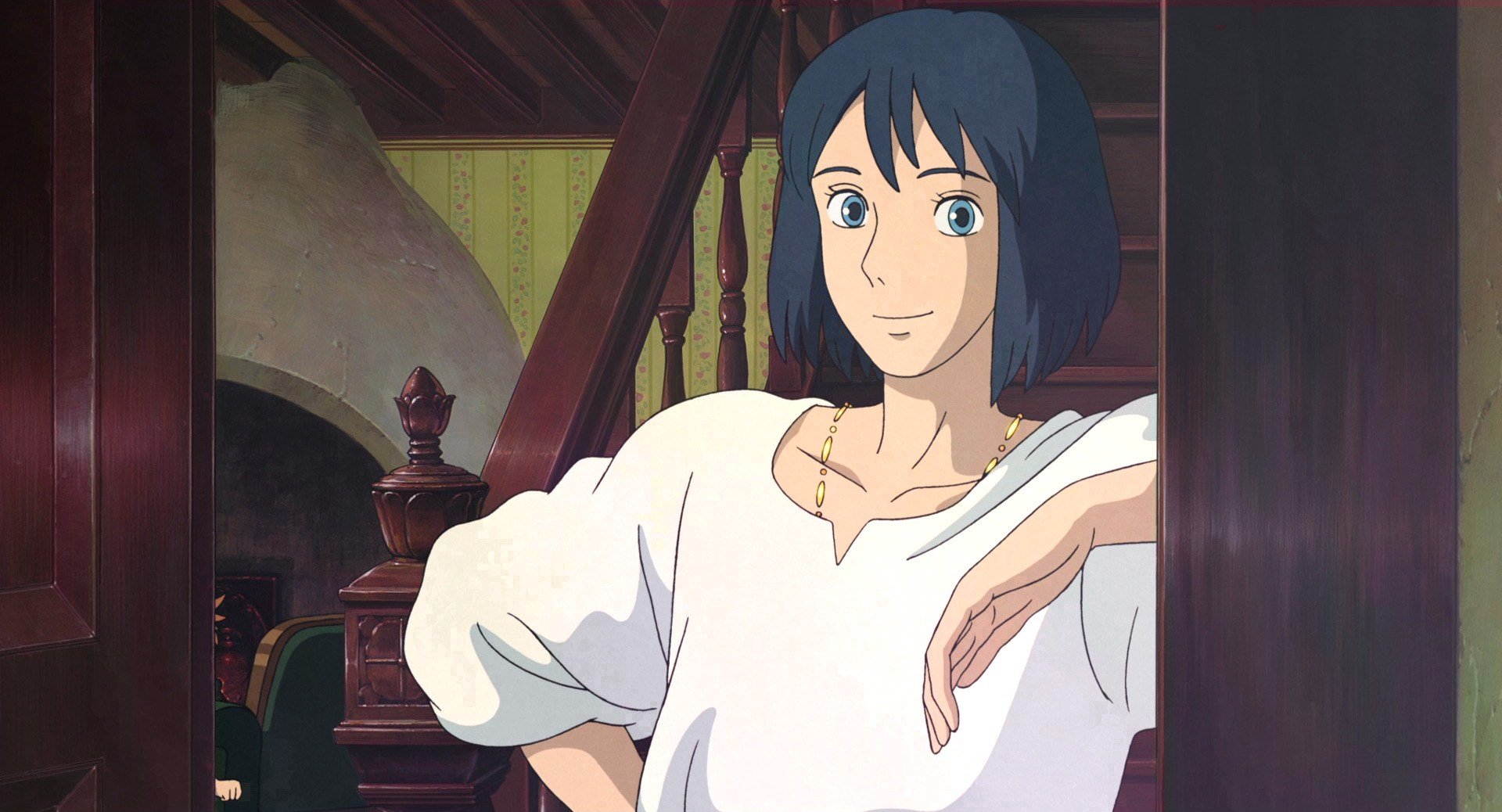Natural Movement
This is a big one. So big in fact that I can barely think of a harder topic to write about.
If that word ‘movement’ wasn’t vast (and complex) enough, then that other word ‘natural’ (or ‘nature’) is sure to bring up more questions than answers!
But that’s okay. We’re not here for easy solutions anyway, right? The journey is the destination, after all, as those old wise Chinese used to (apparently) say.
Perhaps it’s about time that we asked ourselves what it’s all about anyway. Or more specifically:
What is Nature actually? What do we mean when we say something is more ‘natural’ than something else?
And what makes movement ‘movement’, as appose to some other living, being, moving thing?
Let’s see if we might succeed in shedding some more light on that thing called ‘Natural Movement’…
As children we are naturally curious. We make weird sounds, touch things, ask questions, put random things in our mouths etc. What if such curiosity could remain throughout our lives? I believe (as much modern science also suggests) that we are truly able to keep on asking questions, learning, changing and adapting every day until we die.
What Is Nature?
Usually implying organic materials in the world around us (plants, trees, flowers etc), Nature can also imply the inherent quality of something. Indeed, it is common to describe one’s personality as their ‘nature’; or the consistent trends of humans as ‘human nature’.
This is already interesting in itself from a movement perspective, as it invites us to perhaps find the ‘inherent qualities’ of movement, in order to better understand it.
So what might the ‘Nature’ of movement be?
3 answers come to mind for me personally (I like to work in 3’s):
1) Change - one form ‘changing’ into another form
2) Purpose - an intention being carried out (to avoid danger, to embrace someone, or to heat up the body in cold weather, for example)
3) Play / Curiosity - to ask questions and to find something interesting or new
Howl, the main character from ‘Howl’s Moving Castle’, reminds us of our inherent ability to change, adapt and create new versions of ourselves throughout our lives. Sometimes he is vain and self-consciousness, sometimes wild and aggressive and at other times a wise and cunning magician. It has become a beloved Anime film for this reason, I believe.
The Chinese Answer
However, the Chinese takes things further with their appreciation of that term ‘Nature’. Nature, in Chinese, is synonymous with the term ‘spontaneity’; meaning that Nature is that which arises spontaneously in and of itself.
Alan watts, one of the most recent and respected Western interpretors of Asian Philosophy, talks wonderfully about this phenomena in his book: Tao - The Watercourse Way. He expands on this concept of ‘spontaneous’ Nature to address how one might live (and move) in such a way.
Put simply, the Tao (and Alan Watts) invites us to meet and become the ever-changing reality ‘as it is’. Each individual is his/her own force of nature, admittedly, but is also at the mercy of other arguably much stronger forces!
Moving against gravity, for example, is a terrible idea if you wish to, or need to, do it for a long time, and yet our resistance to it can develop amazing (and specifically strength-related) capacities in the body. Understanding our place, and our options, in relation to such forces can help us to move and live better throughout our daily lives.
Furthermore, that which is ‘in itself enough’ needn’t have any greater purpose than the experience itself. Watts explains this ‘purposelessness’ as being also fundamental to the truly ‘Natural’ life of a human.
Perhaps there are things we NEED to do, to survive, feed our families, protect our future generations etc, but after that what else is there but to play, to enjoy and to explore?
Nature is that very circus - a symphony of pointless happenings, moment after moment, forever more. Our realisation, and humble acceptance of this could well be a HUGE, and often forgotten, aspect of ‘Natural Movement’.
Pointless experiences may well be one of the hidden gems of a truly Natural life, and a more ‘Natural’ Movement practice. We are always ‘children’ deep down after all. And yet what about responsibility, discipline and routine within such a practice? Aren’t planning, preparation and self-reflection also ‘Natural’ ways to function effectively throughout life?
The Great Paradox(es)
If Nature is indeed the emerging (and passing) of all things, and Movement is our ‘natural’ practice - the way we focus ourselves, change ourselves and discover ourselves over time - then perhaps we might hope to grasp the whole thing in terms of it’s broadest principle: PARADOX.
(See ‘Paradox: A Training Principle’ for more info on this)
Yin and Yang. Black and White. Life and Death. Masculine and Feminine. Love and Hate. Paradoxes exist in all areas of life. They are what keeps the Earth spinning, essentially, as without the harmonious tension between stronger and weaker forces there’d be no human life or environment as we know it today.
Natural Movement MUST satisfy the PARADOX principle, therefore, if it is to be Natural and if it is to be Movement.
So ask yourself: Do you practice both extreme levels of exertion AND deep levels of recovery and rest? Do you listen sincerely to your own ideas as well as those that are the opposite? Do you move intuitively without a plan AND with discipline, structure and routine?
One could easily list a hundred more of such questions, each of which might highlight a specific area whereby your training and/or your lifestyle is not as ‘natural’ (and therefore paradoxical) as it might be…
TRY IT YOURSELF:
Identify as many paradoxes as you can (write them down!)
Then examine if, how and when your daily practices satisfy both ends of the spectrum…
EG: hot and cold - When was I last in the sauna? And how could I better expose myself to cold water also?
Put simply, Natural Movement may very well mean ‘everything’. Everything that the human mind, body and consciousness can possibly fathom; including even those things that it cannot! Failure and confusion, after all, is also part of the ‘Everything’.
This might not be the simple, 3 bullet-point answer you were expecting (or hoping for), but it’s a somewhat truthful one I like to think.
Paradoxical puzzles (and other ideas) like this one are in fact very scientific! I found it in an online Biomedical Science Magazine after all. We needn’t therefore think that such mysterious principles are only for the spiritually or philosophically inclined. Everyone can benefit from such reminders once in a while I believe; even if it is a bit of a ‘Mind F***’ sometimes.
So What Have We Learned? (Or Unlearned?)
1) The Chinese have quite some interesting perspectives on Nature - especially regarding the concepts of Spontaneity and Purposelessness.
2) Movement may very well have some underlying PRINCIPLES which can help us to understand and practice it better (Change, Purpose, Play and PARADOX).
3) PARADOX might be a powerful gateway to the ‘everything’ that is Nature, Movement and Natural Movement. Identifying and Embracing life’s paradoxes can open up new doorways within the Movement Practice.
Did you enjoy this blog? If so, click here to support EaglesWrites…



